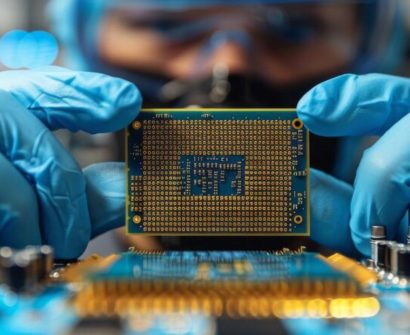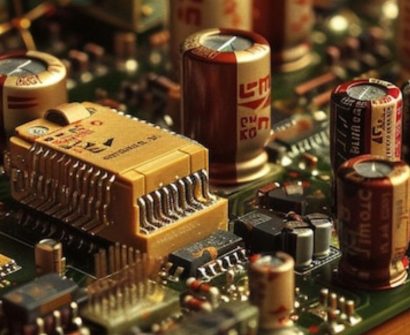
Introduction:
Technical interviews are a crucial step in the hiring process for VLSI (Very Large Scale Integration) design engineers. These interviews assess a candidate’s knowledge, problem-solving skills, and expertise in the field of semiconductor design. VLSI design is a highly specialized area, and as such, technical interviews in this domain come with their own unique set of challenges. In this blog post, we will explore some of the key challenges that candidates might face in VLSI design interviews and provide insights on how to prepare effectively.
- Complexity of the Subject Matter:VLSI design involves intricate concepts related to semiconductor physics, digital logic, analog design, and more. Interviewers often present candidates with complex problems that require a deep understanding of these areas. Candidates must be well-prepared to tackle questions related to transistor-level design, circuit optimization, and layout.Preparation Tip: Review foundational concepts in digital and analog electronics, semiconductor physics, and integrated circuit design. Solve practice problems and work on projects to build hands-on experience.
- Algorithmic and Timing Challenges:Timing is critical in VLSI design, and interviewers frequently pose questions related to clock domain crossing, setup and hold times, and clock tree synthesis. Candidates must demonstrate their ability to analyze and optimize the timing of digital circuits.Preparation Tip: Brush up on timing analysis techniques, clock distribution methodologies, and tools commonly used in the industry like Synopsys or Cadence.
- Custom Circuit Design:Some interviews may require candidates to design custom analog or mixed-signal circuits. Designing amplifiers, filters, or other analog components can be challenging, especially when interviewers look for innovative and efficient solutions.Preparation Tip: Practice custom analog and mixed-signal circuit design. Understand trade-offs between power, area, and performance in your designs.
- Verification and Testbench Development:Verification is a critical phase in VLSI design. Interviewers might ask candidates about testbench development, functional verification, or even UVM (Universal Verification Methodology). Demonstrating a solid understanding of these topics is essential.Preparation Tip: Study verification methodologies and tools, and practice writing testbenches for digital designs. Familiarize yourself with industry-standard verification languages like SystemVerilog.
- Design for Manufacturability (DFM):In addition to functional correctness, candidates might be evaluated on their knowledge of DFM principles. Questions about yield improvement, lithography, and process technology choices may be included.Preparation Tip: Read up on DFM techniques and understand how design choices can impact manufacturing yield and cost.
- Soft Skills and Communication:Effective communication of your thought process and problem-solving skills is crucial during technical interviews. Interviewers may assess your ability to explain complex concepts clearly and collaborate with cross-functional teams.Preparation Tip: Practice explaining your design decisions and thought process clearly and concisely. Consider conducting mock interviews to improve your communication skills.
Conclusion:
if you’re aspiring to master design verification in the field of VLSI, SuccessBridge stands out as the premier choice for training and education. With their top-notch VLSI training programs, you can gain the knowledge and hands-on experience needed to excel in design verification and make a significant impact in the world of digital design. Don’t miss the opportunity to join SuccessBridge, where your path to success in VLSI design verification begins.
Technical interviews in VLSI design can be challenging, but with thorough preparation and a strong understanding of the key concepts, candidates can increase their chances of success. Reviewing foundational knowledge, practicing problem-solving, and staying up-to-date with industry trends are essential steps in preparing for these interviews. By embracing these challenges, candidates can showcase their expertise and secure rewarding careers in the field of VLSI design.






